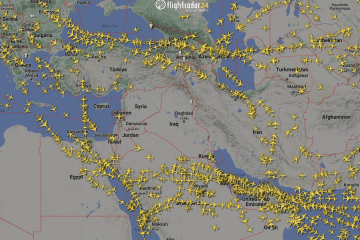- Category
- Latest news
Russia’s War Economy Will Stall in 2025 Amid Economic Pressures, Bloomberg Reports
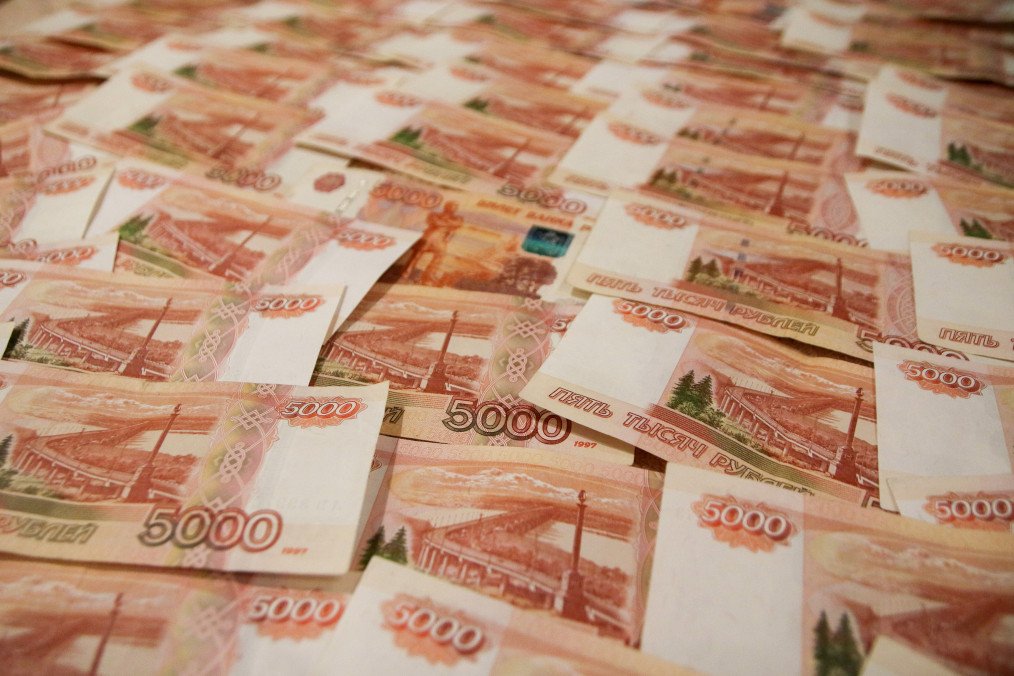
Russia’s economic outlook for 2025 is marked by growing challenges, as signs emerge that the country is nearing a difficult period of economic adjustment after years of war-driven growth.
According to Bloomberg, Russia’s economic forecast for 2025 reveals challenges, signaling the onset of a tough period of adjustment after years of war-driven growth.
The economic boom triggered by Russian leader Vladimir Putin’s invasion of Ukraine, initially fueled by government stimulus, is beginning to lose momentum. The combination of high interest rates and persistent inflation threatens to dampen expectations for the coming year.
Oleg Vyugin, a former senior official at Russia’s Central Bank, stated that the period of relative economic growth, driven by previously accumulated resources, is over. High inflation continues to erode the economic gains made in the past years, with forecasts for 2025 predicting a sharp slowdown.
The Central Bank has lowered its growth forecast to 0.5%, down from last year’s expected growth of 3.5% to 4%. Inflation is not expected to stabilize until 2026, further complicating Russia’s economic recovery.
Despite these setbacks, Russia’s economy has shown resilience. Higher wages have helped mitigate public dissatisfaction with the ongoing Russia’s war against Ukraine, and consumer sentiment remains relatively positive.
However, inflation is running more than double the target, and high interest rates have failed to curb price growth. The Bank of Russia kept its key interest rate at 21% in December, which has led to criticism from businesses concerned about the potential for widespread bankruptcies.
Experts warn that several sectors are under significant strain due to rising borrowing costs. For example, Russian car dealerships and the agricultural sector are facing increased risks of insolvency. Companies like Transneft and Russian Railways have already reduced their investment programs in response to economic pressures, and private businesses such as Severstal and MMC Norilsk Nickel are also cutting costs.
One of the biggest threats to the economy is the fluctuation of global oil prices. Sofya Donets, an economist at T-Investments, identified the potential collapse of crude oil prices as a major risk, which could require the government to make difficult sacrifices.
The ongoing invasion and the associated costs also contribute to uncertainty, with some analysts suggesting that a quick resolution could help stabilize the economy, while prolonged war would likely exacerbate inflation and slow growth.
Finally, Russia is grappling with issues related to cross-border payments and a weakened ruble. These challenges, compounded by ongoing sanctions, are limiting the country’s ability to maintain stable trade relations, particularly with China. As Russia adapts to these economic setbacks, the coming year is expected to be one of careful adjustment, with modest growth expected to continue into 2025.
Earlier, banks in the United Arab Emirates have increased scrutiny of transactions involving Russian companies, leading to delays and refusals of cross-border payments, particularly for electronics, IT services, and industrial machinery.

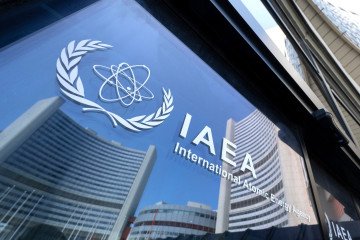
-111f0e5095e02c02446ffed57bfb0ab1.jpeg)
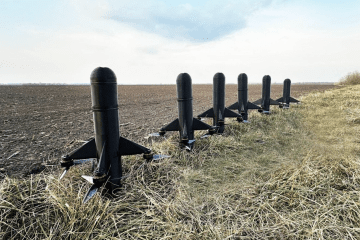
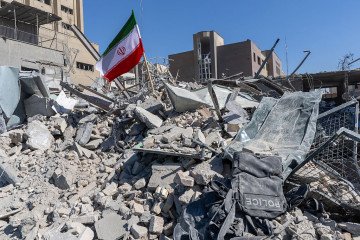
-72b63a4e0c8c475ad81fe3eed3f63729.jpeg)
